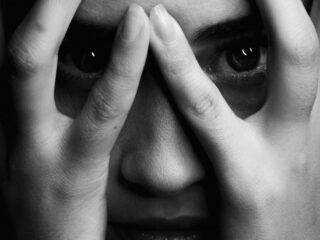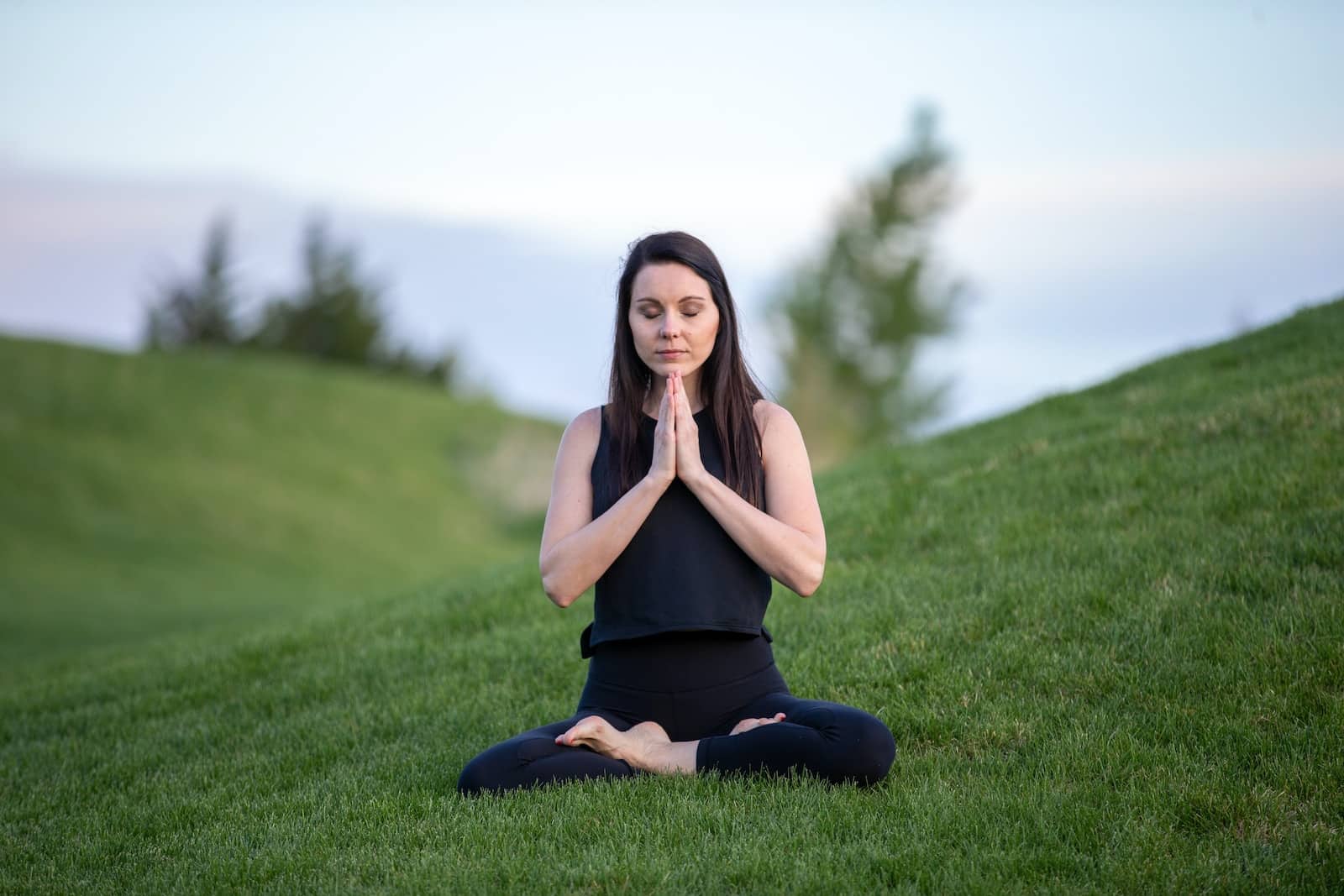 Anxiety is a natural response to stress, but when it becomes overwhelming and persistent, it can lead to panic attacks and significantly impact your daily life. Managing anxiety and panic attacks is essential for maintaining mental and emotional well-being. In this article, we will identify what anxiety and panic attacks are, common symptoms, and eight effective methods to help manage them. Let’s dive into this important topic!
Anxiety is a natural response to stress, but when it becomes overwhelming and persistent, it can lead to panic attacks and significantly impact your daily life. Managing anxiety and panic attacks is essential for maintaining mental and emotional well-being. In this article, we will identify what anxiety and panic attacks are, common symptoms, and eight effective methods to help manage them. Let’s dive into this important topic!
Understanding Anxiety and Panic Attacks
Anxiety: Anxiety is a normal emotion characterized by feelings of unease, worry, and nervousness. It often arises in response to stress or perceived threats. While occasional anxiety is a part of life, excessive and chronic anxiety can develop into an anxiety disorder, affecting one’s daily functioning.
Panic Attacks: A panic attack is a sudden and intense episode of fear or discomfort that generally peaks within minutes. It is often accompanied by physical symptoms such as a racing heart, shortness of breath, sweating, and trembling. Panic attacks generally occur unexpectedly and can be distressing.
Common Symptoms of Anxiety:
- Excessive Worry: Persistent and excessive worry about various aspects of life, such as work, relationships, or health.
- Restlessness: Feeling on edge, unable to relax, or experiencing physical tension.
- Irritability: Becoming easily irritated or agitated in response to stressors.
- Sleep Disturbances: Difficulty falling asleep, staying asleep, or experiencing restless, unsatisfying sleep.
- Difficulty Concentrating: Struggling to focus, make decisions, or remember things.
- Physical Symptoms: Physical indications of anxiety can include muscle tension, headaches, stomachaches, and fatigue.
- Avoidance: Avoiding situations or activities that trigger anxiety.
Effective Methods to Manage Anxiety and Panic Attacks:
- Mindfulness Meditation: Mindfulness meditation teaches you to pay attention to the present moment without judgment. Regular practice can help reduce anxiety by increasing awareness of thoughts and feelings, allowing individuals to respond more effectively to stressors and improve their quality of life.
- Time in Nature: Spending quality time in natural environments can have a calming and grounding effect. Nature provides an opportunity to disconnect from the stressors of daily life and engage with soothing natural surroundings.
- Exercise: Daily physical activity is known to reduce anxiety and improve mood. Exercise releases endorphins, which are natural mood enhancers and can help alleviate tension and stress.
- Therapy: Psychotherapy, including cognitive-behavioral therapy (CBT), can be highly effective in treating anxiety disorders. Therapists work with individuals to identify and challenge anxious thoughts and behaviors and introduce coping strategies.
- Psychiatry (Medication): In some cases, medication prescribed by a psychiatrist can provide significant relief from anxiety and panic attacks. Medications are often used when anxiety is severe or significantly impairs daily functioning. Good psychiatric aid is sometimes pivotal for long-term success in managing anxiety.
- Deep Breathing: Deep breathing exercises can reduce anxiety by calming the nervous system. Focusing on slow, deep breaths can bring immediate relief during moments of heightened anxiety.
- Progressive Muscle Relaxation: This technique involves tensing and relaxing different muscle groups. It can help alleviate the physical tension associated with anxiety.
- Limit Caffeine and Alcohol: Caffeine and alcohol can exacerbate anxiety symptoms. Reducing or eliminating these substances from your diet can contribute to better anxiety management.
Managing Anxiety is Possible
Managing anxiety and panic attacks is achievable through various methods. It’s essential to recognize when anxiety becomes overwhelming, seek support, and use coping strategies. Whether through mindfulness meditation, spending time in nature, engaging in regular exercise, therapy, psychiatric aid, or other relaxation techniques, individuals can regain control over their anxiety and lead a healthier, more balanced life.
Take Away
Anxiety is a common human experience, but when it becomes chronic and overwhelming, it can lead to panic attacks and interfere with daily life. Recognizing the symptoms of anxiety is the first step toward effective management. Fortunately, there are numerous methods to alleviate anxiety, ranging from mindfulness meditation and time in nature to exercise, therapy, and psychiatric aid when needed. By adopting these strategies, individuals can regain control over their anxiety and live a more balanced and fulfilling life.





